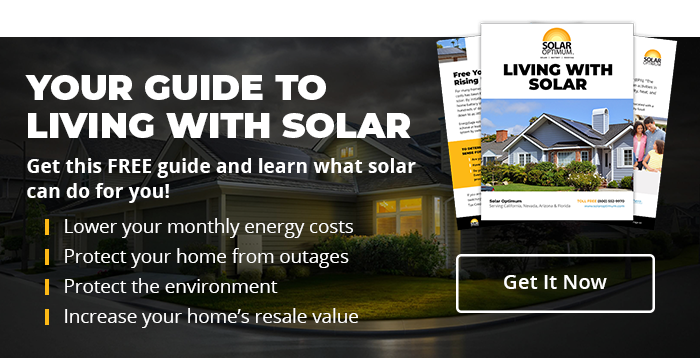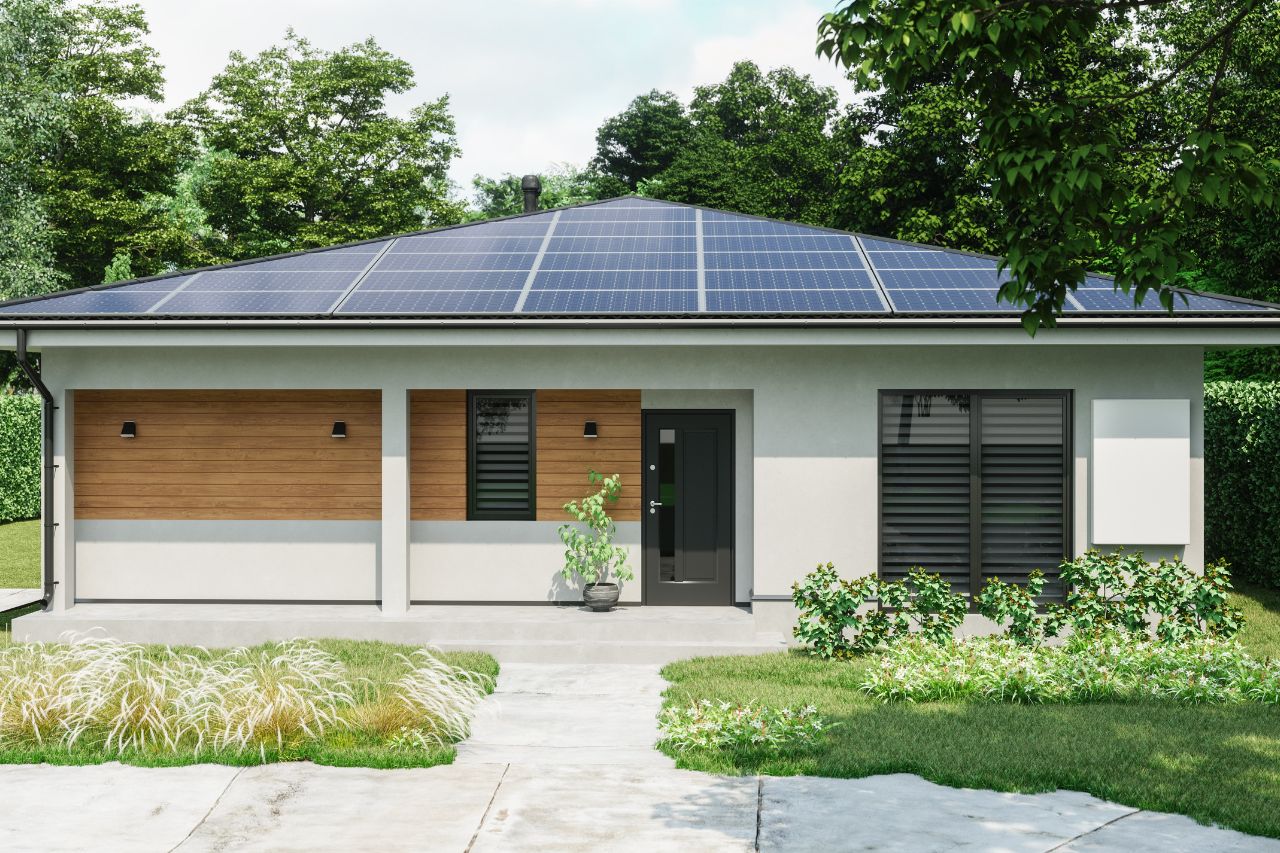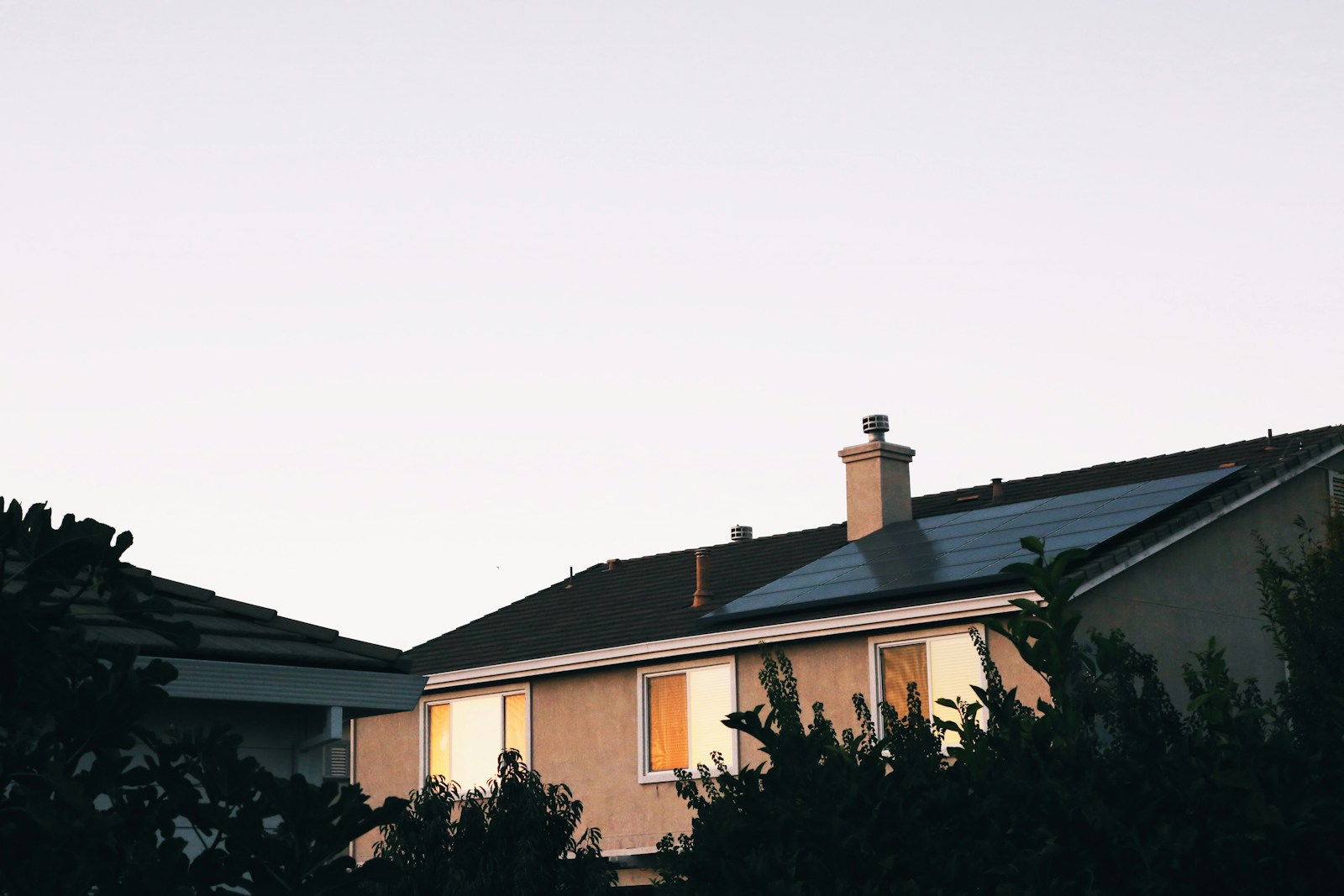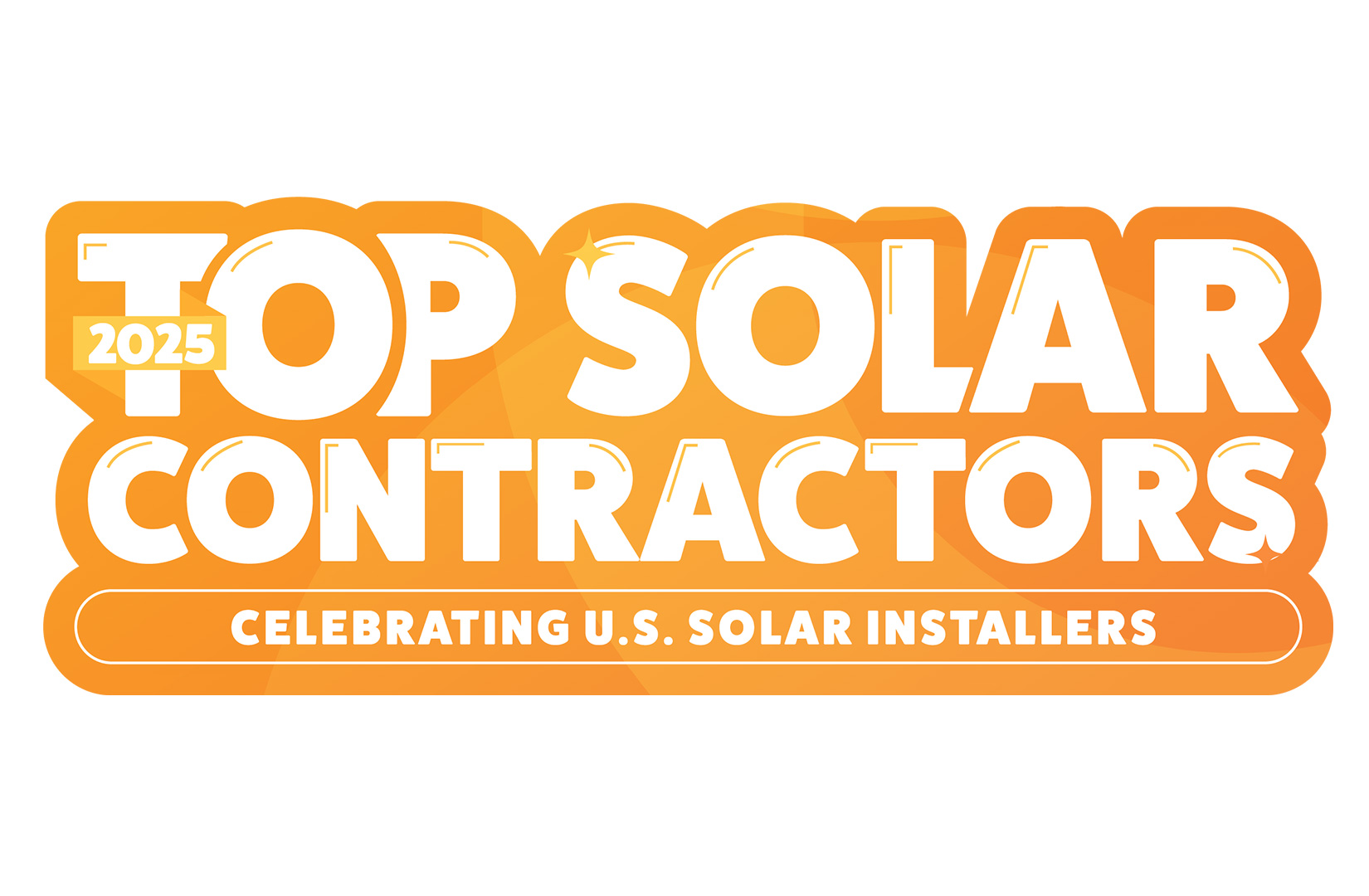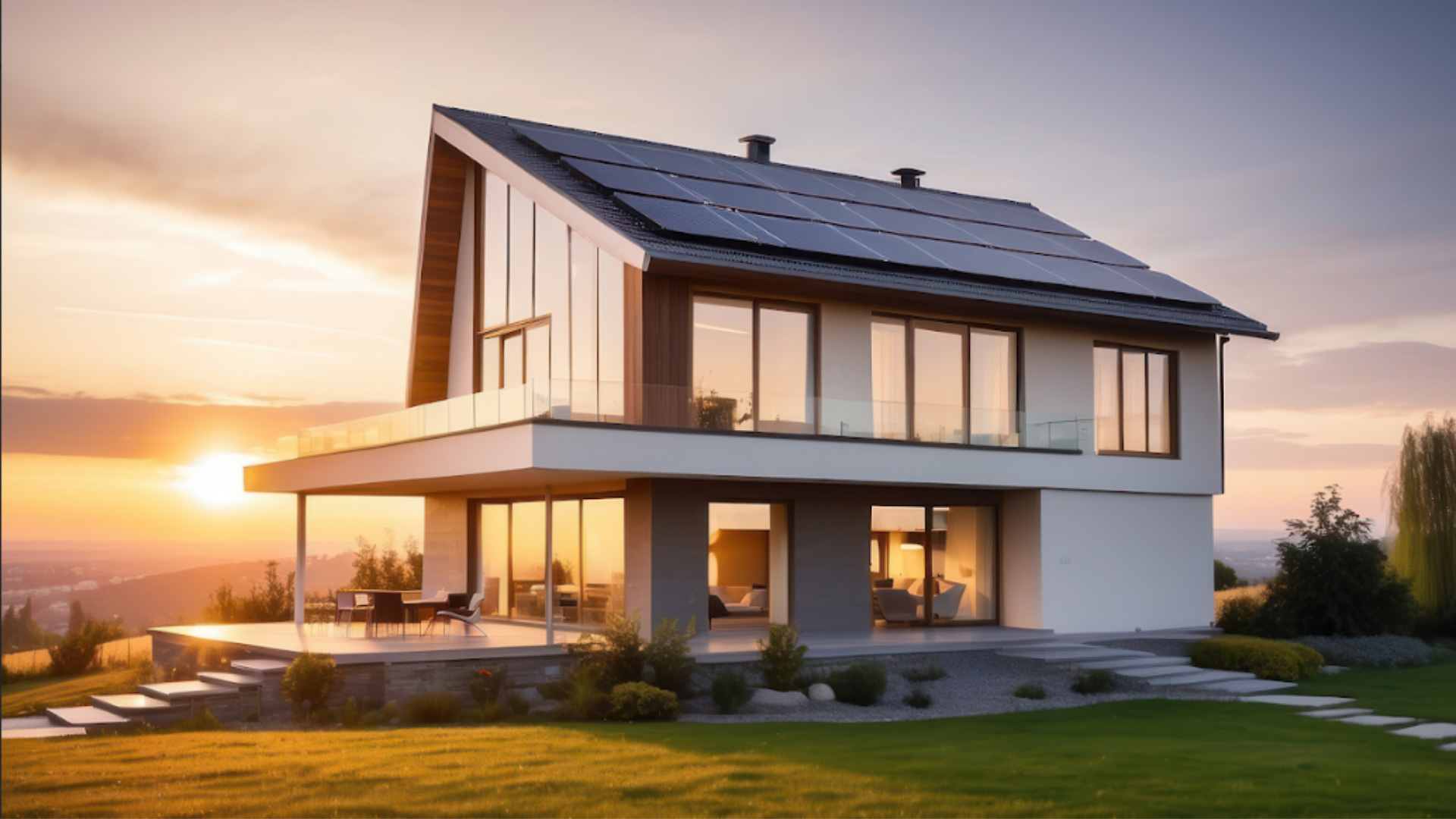A lot has been said about the benefits of solar energy. Switching to solar power has many advantages, especially in a solar-friendly state like Nevada. However, going solar is not without a few drawbacks. Before taking the plunge, it’s important to weigh the potential pros and cons of going solar in Nevada to ensure you make the most rational decision.
Pros of Going Solar in Nevada
Resale Value
Installing solar panels often increases the appeal and market value of your home. Homes with solar panels installed sell for up to four percent more than those without. When you put your house up for sale, the property is likely to sell quicker and fetch better prices. This makes solar a good long-term investment.
Tax Credit
Installing solar panels earns you a federal tax credit. The federal solar tax credit covers 30 percent of the total installed cost of your solar system. This helps to reduce your tax liability, potentially saving you a significant amount of money.
Net Metering
Nevada has a favorable net metering policy. This incentive program allows you to earn credits for the excess solar energy you send to the grid. You can then use these credits to offset your next monthly power bill. This saves you money and increases the annual return on your solar investment.
Location With Lots of Sunlight
Nevada has a generous supply of sunshine, with 252 sunny days annually. This makes it an ideal location for harnessing solar power. When you invest in solar, you will not only generate enough electricity to power your home but also sell surplus electricity back to the grid.
Reduces Your Carbon Footprint
Solar energy is natural, clean and renewable energy. When solar panels generate electricity, they don’t produce carbon dioxide or other greenhouse gases. Also, using solar power reduces the use of fossil fuels and the associated harmful emissions.
Cons of Going Solar in Nevada
Cost
While the cost of solar panels has decreased significantly over the past decade, upfront solar costs remain high. Today, the average cost to install solar panels in Nevada is about $18,000 after the tax credit, making it a hefty investment.
Solar Degradation
Over time, solar panels will degrade due to exposure to sunlight, adverse weather conditions and normal wear and tear. The decline of solar cells leads to the production of less electricity from the same amount of sunshine.
Interferes With Roof Aesthetics
When installed on a roof of otherwise uniform architecture, solar panels can compromise the aesthetics of the roof. This is particularly true if the equipment is not seamlessly integrated into the roof design.
How To Determine If Going Solar Is Right for You
Under the right conditions, solar is a worthwhile investment. Here’s how to determine if you are a good candidate for solar.
Look At the Available Solar Incentives in Your Area
Solar power systems have a high initial cost. Before investing in solar energy, take time to research any available solar incentives in your area that can help to reduce the financial burden.
Examine Your Utility Bills
If you use a lot of electricity or your electric rates are high, solar may be right for you. Switching to solar can reduce or eliminate your electricity costs.
See if Your Home Has Perfect Conditions
To ensure you produce plenty of energy with your solar panels, check if your home receives enough sunlight. Also, your roof should have adequate space to accommodate the solar panels.
Ready To Go Solar?
Understanding the pros and cons of going solar is a critical step in determining if switching to solar is worth it. At Solar Optimum, we are an industry leader in everything solar-related, serving residents in Clark County and the Greater Las Vegas area. If you feel the solar pros outweigh the potential cons, contact us today to get started on your solar journey.
